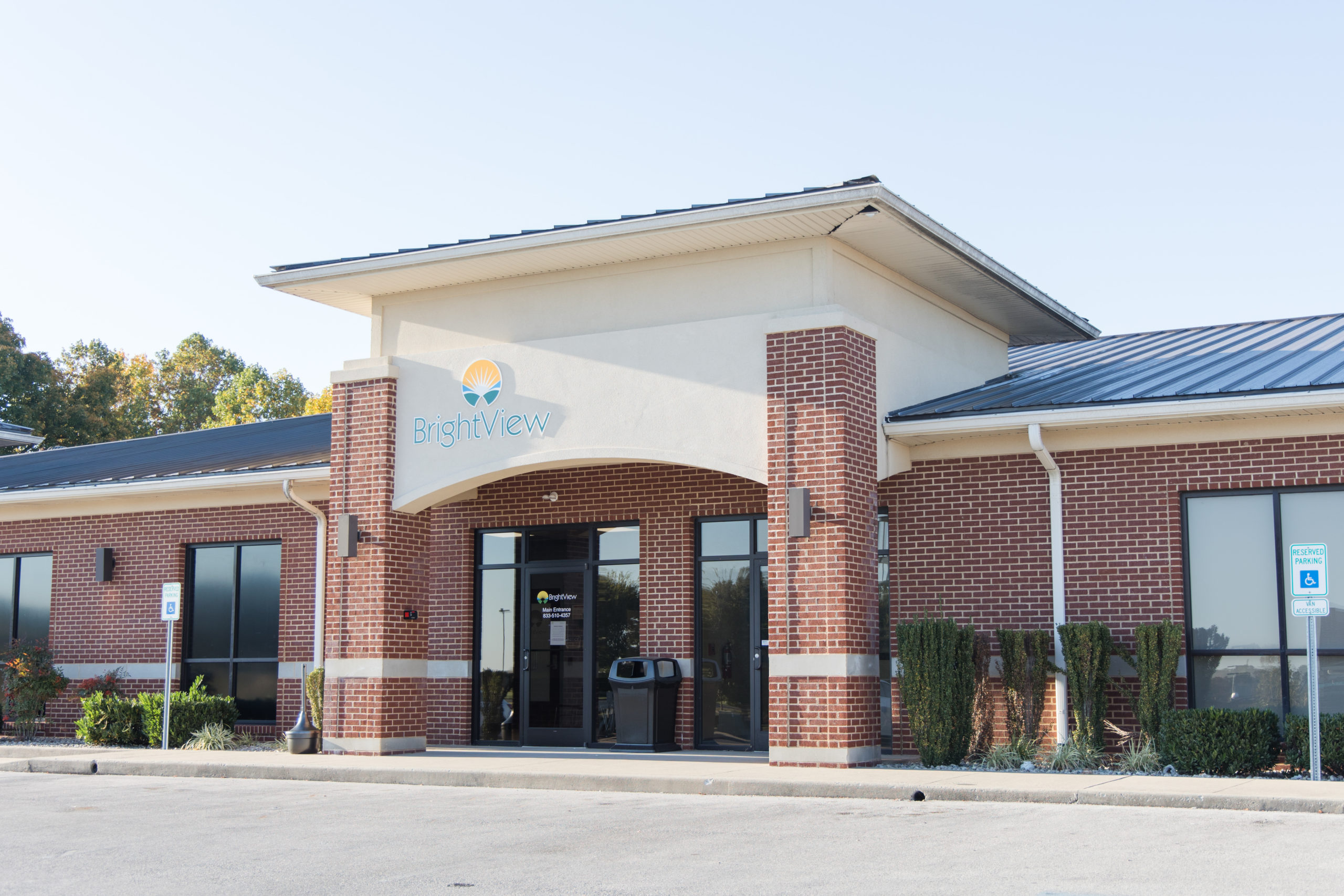Life-Changing Support: Why Select Our Addiction Treatment Center
Life-Changing Support: Why Select Our Addiction Treatment Center
Blog Article
Browsing the Journey of Detoxification in the Comprehensive Dependency Treatment Program
Getting started on the course of cleansing within the framework of a detailed addiction treatment program is a critical stage in the trip in the direction of healing. The procedure of detoxing holds a substantial duty in damaging the physical dependence on compounds and preparing the individual for the subsequent stages of therapy. However, browsing via detoxing is not simply an issue of physical cleaning; it entails a complicated interplay of mental, psychological, and social factors that need mindful factor to consider and support. As individuals face the challenges of withdrawal signs and symptoms and the uncertainties that exist in advance, having a robust support and a structured plan system in place ends up being paramount. In this discussion, we will certainly explore the complex facets of detoxing within the comprehensive dependency treatment program and shed light on the important parts that form this transformative journey towards recovery.
Importance of Cleansing in Recuperation

Detoxing sets the foundation for the remainder of the addiction therapy program by preparing the individual for more therapy and counseling. By cleaning the body important that have actually been clouding judgment and impacting habits, detoxification makes it possible for patients to approach their recuperation with a more clear mind and more powerful focus.
In addition, detoxing assists in managing the potentially serious withdrawal signs that might develop when medication or alcohol usage is stopped. Medical professionals carefully keep track of people during detoxification to guarantee their security and offer needed support. With this procedure, people can begin their trip in the direction of soberness with a stabilized mental and physical state, enhancing the likelihood of an effective recuperation.
Recognizing the Detoxification Process
Detoxing, a basic element of dependency treatment programs, involves a structured process aimed at safely eliminating hazardous substances from the body to facilitate an effective healing journey. The detox process usually starts with an examination to analyze the individual's compound use history, physical wellness, and mental well-being. This analysis helps health care specialists identify one of the most suitable detoxification plan customized to the individual's needs.
Throughout detox, the body undergoes withdrawal as it changes to the lack of the material. Withdrawal signs differ relying on the kind of compound used, the period of usage, and specific elements. Medical supervision throughout detoxification is critical to manage withdrawal signs and make certain the person's safety and convenience.

Taking Care Of Withdrawal Signs

Drugs may be made use of to reduce particular withdrawal signs and symptoms and reduce discomfort. Drugs like methadone or buprenorphine can aid manage opioid withdrawal symptoms, while benzodiazepines may be used for alcohol withdrawal. It is crucial for medical care service providers to meticulously keep an eye on the individual's action to these medications to ensure their safety and efficiency.
Along with pharmacological treatments, helpful therapies such as counseling, peer support system, and all natural practices like mindfulness meditation or yoga can aid individuals deal with the emotional and emotional difficulties of withdrawal. By resolving withdrawal signs adequately, medical care service providers can enhance the cleansing experience and assistance people on their trip to healing.

Support Equipments During Detoxification
Support group play an essential function in providing social and emotional assistance to individuals going through detoxification in addiction therapy programs. Throughout the detox process, people often experience a series of physical and psychological withdrawal signs, making this stage tough - Addiction Treatment Center. Having a solid support group in position can significantly affect the individual's capacity to navigate via detoxification efficiently
Relative, good friends, support teams, and healthcare professionals are essential components of the support group. Family members close friends and members can use inspiration, understanding, and a feeling of belonging throughout this difficult time. Support system offer a platform for people to attach with others that are undergoing comparable experiences, offering a feeling of neighborhood and shared understanding. Health care experts, including physicians, counselors, and therapists, play a crucial function in keeping track of the individual's progress, providing clinical support, and using guidance throughout the detoxification process.
Looking Ahead: Life After Detoxification
Having actually successfully completed the detoxing phase, individuals in dependency therapy programs now focus on planning for the obstacles and chances that lie ahead in their journey in the direction of healing. Life after detoxification marks a critical transition duration where individuals have to remain to construct on the Discover More progression made during detoxification to preserve their sobriety. It is essential for people to recognize that the trip in the direction of healing is ongoing and requires dedication, commitment, and a desire to accept adjustment.
One trick aspect of life after detoxification is the growth of dealing devices to deal with triggers and food cravings that may develop. This may include learning brand-new skills, such as mindfulness practices, cognitive-behavioral techniques, and stress monitoring techniques, to navigate tough situations without resorting to compound usage. In addition, individuals are encouraged to actively engage in recurring treatment, assistance groups, and aftercare programs to strengthen their support network and receive guidance as they browse the intricacies of life post-detox.
Verdict
Finally, detoxification is an important component of the thorough dependency therapy program. Recognizing the detoxification procedure and handling withdrawal symptoms are essential actions towards healing. Assistance systems play a substantial function during this challenging journey. Addiction Treatment Center. Looking in advance, life after detox holds promise for a healthier, substance-free future. It is essential to identify the importance of detox in the procedure of getting rid of dependency and relocating towards a life of sobriety.
Clinical guidance during detoxification is vital to handle withdrawal signs and ensure the individual's safety and convenience.
By understanding the detox procedure and its value in breaking the cycle of dependency, individuals can get started on a path in the direction of lasting healing.
Throughout the detox process, people typically experience an array of physical and emotional withdrawal signs and symptoms, making this phase challenging. Healthcare professionals, consisting of therapists, counselors, and medical professionals, play a vital duty in monitoring the person's progress, providing news medical support, and supplying assistance throughout the detoxification process.
Life after detox marks a critical shift duration where individuals have to proceed to construct on the progression made during detoxification to maintain their soberness.
Report this page